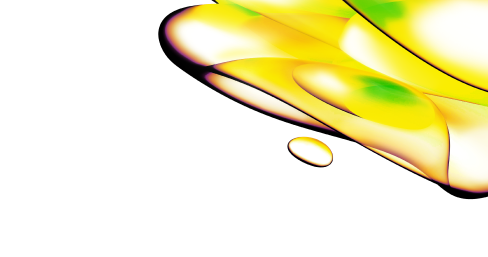Resource Center
Explore Resource Types
We have housed the technical documents (SDS, COAs, Manuals and more) in a dedicated section.
Explore all All Resources
Filters
Select resource types
Select products & services (1)
Select solutions (1)
Active Filters (2)
Clear All
25 - 36 of 39 Results
Sort by:
Best Match
Utility of engineered human Neural Stem Cells (NSCs) expressing varying exon 1 HTT fragments to study Huntington’s disease
Huntington's disease is most commonly caused by an expansion mutation in the CAG trinucleotide repeat within exon 1 of the HTT gene which codes for the protein huntingtin.
Assessing murine glioblastoma growth: a comparative study of ultrasound and MRI imaging modalities
Comparison of MRI with the Vega™ ultrasound system and VesselVue™ agent to track glioblastoma growth in a murine model.
Dual NIR imaging of β-Amyloid plaques and Tau tangles provides potential insights into Alzheimer’s disease
The use of Dual NIR Imaging of β-Amyloid Plaques and Tau Tangles to provide Potential Insights into Alzheimer’s Disease
Syrian hamsters as a small animal model for SARS-CoV-2 infection and countermeasure development
Dr. Kawaoka Yoshihiro, a world-renowned virologist uses the Quantum microCT system to study SARS-CoV-2 in Syrian hamster models.
Resolution that’s remarkable - The Quantum GX3
Discover resolution that's remarkable with the Quantum GX3 microCT system designed for preclinical in vivo imaging.
Countering vascular calcification through mitochondrial phosphate transport inhibition in a CKD murine model
Researcher using in vivo imaging to study countering vascular calcification through mitochondrial phosphate transport inhibition in chronic kidney disease.
A novel non-Invasive in vivo tool for the assessment of NASH
Visualizing and quantifying NASH in a preclinical in vivo imaging model using the IVIS Lumina Series III optical and Quantum GX2 microCT imaging systems.
Temporal tracking of an effective intervention in rodent liver fibrosis
Visualize, track, and quantify progression & regression of liver fibrosis using the Vega® non-invasive 3D ultrasound system.
Automated ultrasound for non-invasive in vivo evaluation of liver disease progression in mice
Case study evaluated automated ultrasound for non-invasive in vivo evaluation of liver disease progression in mice.
Ultrasound imaging provides noninvasive 3D views into vascular changes in response to cancer therapy
Ultrasound imaging using the Vega® automated system provides noninvasive 3D views into vascular changes in response to cancer therapy.
A whole new perspective on ultrasound imaging
Introducing Vega®, automated, hands-free, high-throughput ultrasound for preclinical research.
The role of in vivo imaging in drug discovery and development
Preclinical in vivo imaging helps to ensure that smart choices are made by providing go/no-go decisions and de-risking drug candidates early on, significantly reducing time to the clinic and lowering costs all while maximizing biological understanding.


Looking for technical documents?
Find the technical documents you need, ASAP, in our easy-to-search library.




























